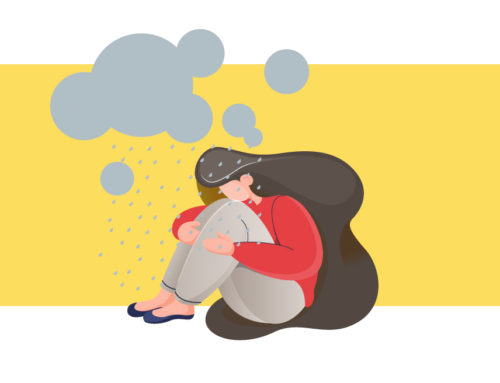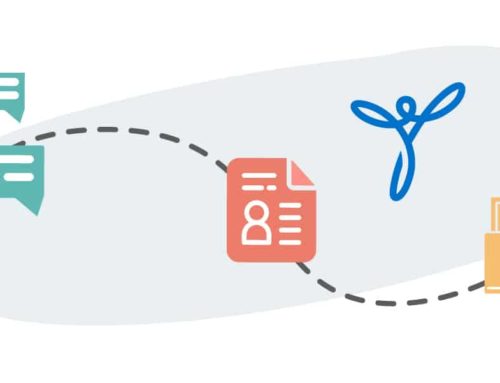How Does Pharma Learn to Speak Patient? The “Patient Voice”

We have all, at one time or another, been patients. True or false?
If you answer true, it is likely that you are a person who has experienced only acute illnesses, meaning you get sick, feel lousy, get treated, you feel better. You return to your normal activities. You get back to life.
Before getting to the language of patients or “patient voice,” it is useful to understand that “we are not all patients.” Carolyn Thomas, writer and patient advocate, explains that, being a patient “sometime or other in life” is not the same thing as being a patient. For patients,
“The pain and debilitation of being chronically ill can last forever. In fact, many living with chronic illness feel terrible. Every. Single. Day. And while those receiving acute care can expect that feeling temporarily terrible will gradually diminish, in chronic care we often live with the chilling reality that it feels terrible now, and it’s likely to get even worse over time.”1 ~Carolyn Thomas
Many members of Inspire are “patients” in this sense. As such, they have a different experience, a “lived experience” of managing an illness or condition. Their voice, a vivid portrayal of their unmet needs and perspectives, “the patient voice,” has long been left out of life science research. However, through legislation, FDASIA 907 and the 21st Century CURES Act, obtaining the patient voice is mandated as a focus of FDA’s regulatory mission. Hence, the life science industry must incorporate that perspective in drug and device development.
“Patient Voice” Is NOT “Patient-speak”
Physicians -before beginning advanced education- are just like everyone else. They don’t understand or know the jargon of medicine. Like learning any other language, their education and subsequent experience is like going to live in a foreign country–full immersion. With this immersion, they forget. Where they used to say, “take four times per day,” they now say, “take QID,” and expect others not steeped in their language to understand. In fact, they write articles called “Get to know patient-speak” in which they share,
“Our patients don’t always urinate. They “make water.” Or they “urine”’ (can it become a verb?) “Urine stones” are kidney stones. We may call foamy urine a sign of albuminuria but to some patients, it is ‘beer urine.’”2
“Patient-speak” or the degree to which a patient understands their physician, part of the concept of health literacy is only part of the “patient voice.” This description of “patient-speak” provides a glimpse into what has been missing from life science industry research. Although the degree to which a patient understands their physician, a part of the concept of health literacy, plays into the “patient voice,” “patient-speak” as described above, does not address the wealth of information and learnings of the “patient voice.”
“I was at Home Depot this morning with my husband and…like most home improvement shoppers, I was dressed in jeans and…a pink sweatshirt, wearing a silver jacket and carrying a pink purse! When [a man] said, “Excuse me, sir,” I turned and looked and thought it was meant for my husband who was standing at the paint counter….I am not too impressed with the physiologic changes of this disease. Survivors and stage IV’s alike, none of us get to keep all of our original equipment in the name of saving our life. Feeling very annoyed seeing that there was no “man” standing there, I said rather defensively, ‘I am a woman.’ The guy didn’t care, either. He just kept on going. It stopped my day dead in its tracks…. For all of my beloved stage IV long-term survivors… may I ask you when you get to be somewhat normal again? When do the intrusive appointments, tests, and doctor office visits end so that you can try and live with this without reminders?” ~Inspire member
The “patient voice” encompasses the earnestness and the intensity of a patient’s “lived experience.” As part of a shared “speech community,” like Inspire, patients express their feelings and perspectives in ways that are not part of their discussions with their physicians or perhaps even family and friends.
Experts in linguistics are able to glean unique insights from their communications in shared communities. For a glimpse into this type of analysis, download our eBook, “How Does Pharma Learn to ‘Speak Patient’?”
Inspire offers a trusted community to patients and caregivers. Our goal with this blog, this website and our content is to provide the life science industry access to the true, authentic patient voice. In so doing, we support faithful operationalization of patient-centricity. Take a look at our case studies, eBooks and news outlet coverage.
References:
11https://myheartsisters.org/2013/12/17/we-are-all-patients/
2https://www.healio.com/nephrology/practice-management/news/online/






